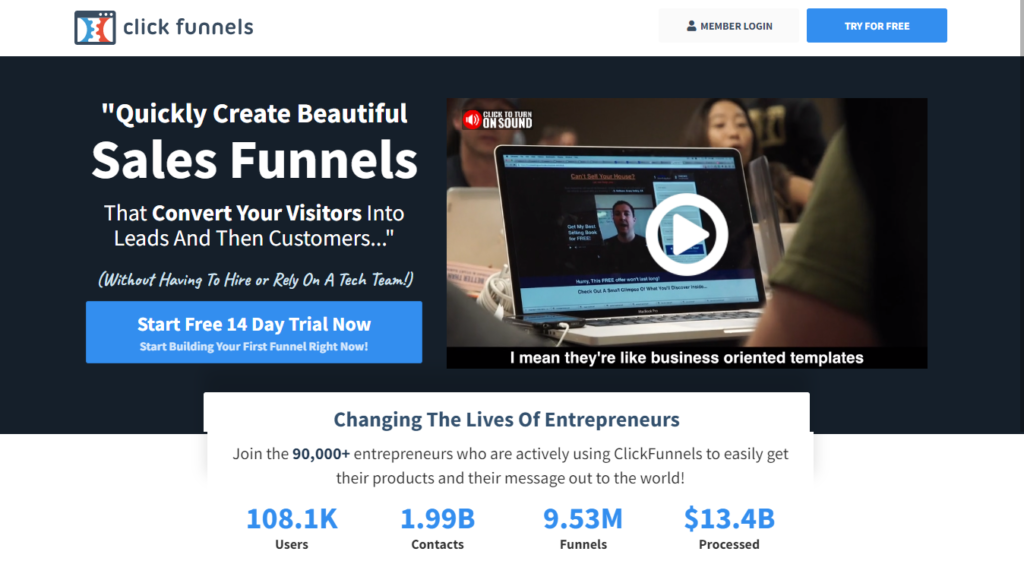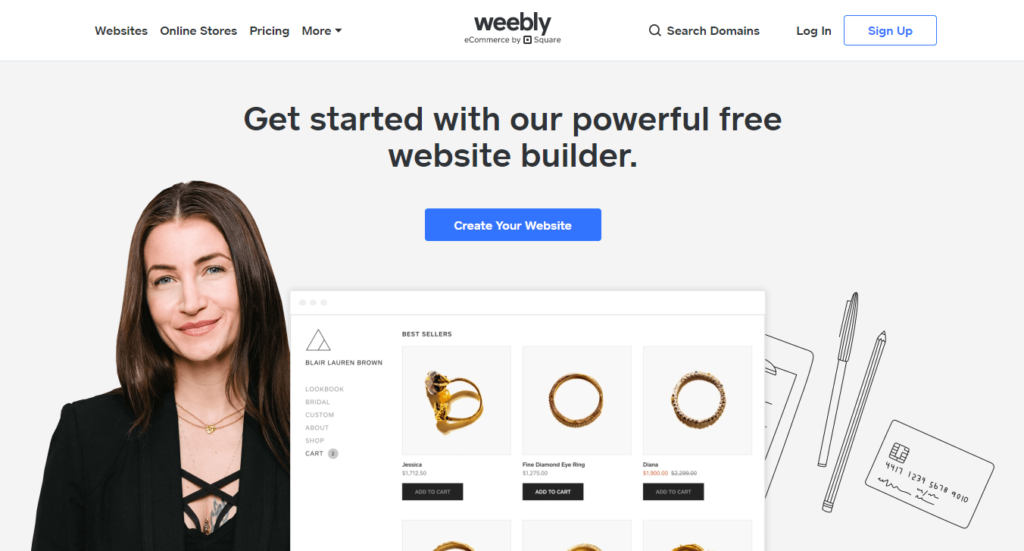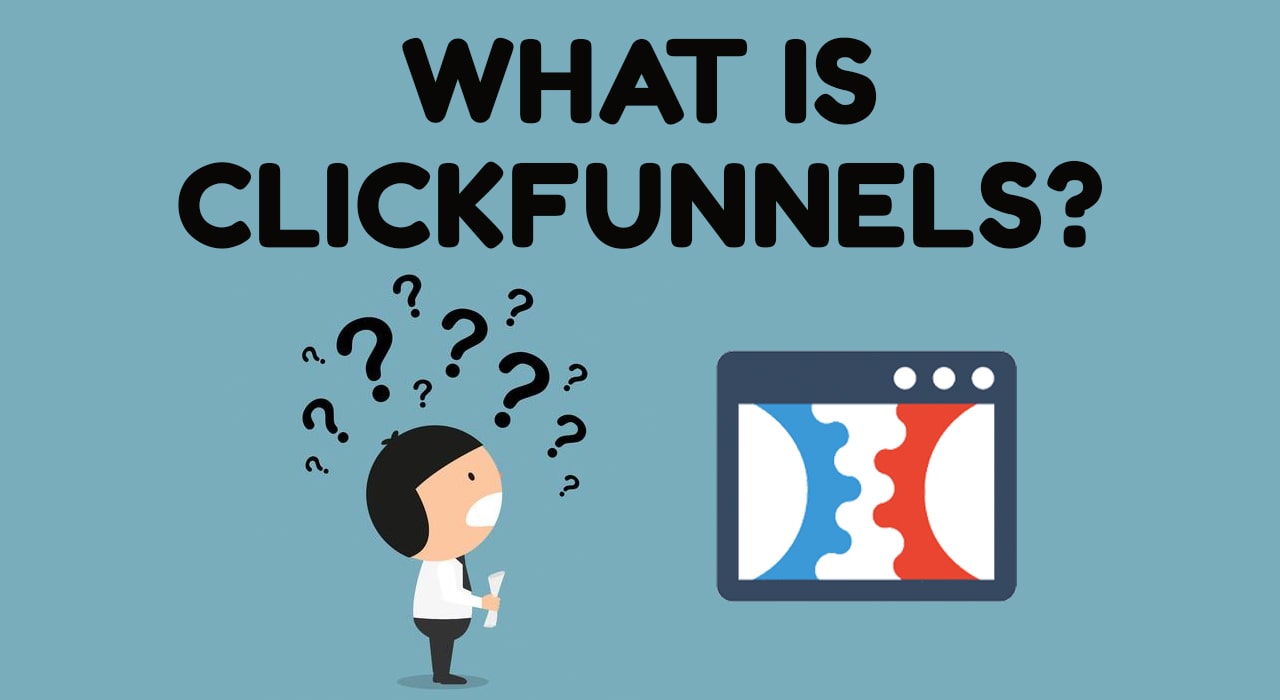In today’s digital age, having a strong online presence is crucial for the success of small businesses. However, building a website from scratch can be daunting, especially for those without technical expertise. This is where website builders come in – they provide an easy and affordable way for small businesses to create a professional-looking website without the need for coding skills.
With so many website builders available, it can be challenging to choose the right one for your business. To help you narrow down your options, we have tested and compared the top website builders for small businesses. In this article, we will highlight the 10 best website builders based on factors such as ease of use, features, pricing, and customer support.
We understand that small businesses have unique needs and budgets, so we have included website builders that cater to different industries and business sizes. Whether you are a small e-commerce store, a local service provider, or a freelancer, we have got you covered.
Our goal is to provide you with the information you need to make an informed decision and choose the best website builder for your small business.
So, let’s dive in and explore the 10 best website builders for small businesses.
Table of Contents
What is the Best Website Builder for Your Small Business?
Wondering which small business website builder to use and what you’ll get out of your subscription?
Let’s break down the top options and their features to help you decide.
1. Self-Hosted WordPress.

Self-hosted WordPress is a popular website builder that has been around since 2003. It is a free, open-source platform that allows users to build and manage their website using customizable templates and plugins. Self-hosted WordPress is a great option for small businesses who want complete control over their website and have some technical knowledge.
Features
Self-hosted WordPress offers a wide range of features, including:
- Customizable templates: There are thousands of free and paid templates available that allow users to create a unique website design.
- Plugins: WordPress has a vast library of plugins that can be used to add functionality to your website, such as contact forms, social media integration, and SEO optimization.
- E-commerce capabilities: With plugins like WooCommerce, self-hosted WordPress can be used to create an online store.
- SEO-friendly: Self-hosted WordPress has built-in features that help optimize your website for search engines.
- Community support: There is a large community of WordPress users who offer support and advice.
Cons
While self-hosted WordPress has many benefits, there are some downsides to consider:
- Technical knowledge required: Self-hosted WordPress requires some technical knowledge to set up and maintain. Users will need to purchase their own domain and hosting, and may need to update plugins and themes regularly.
- Security: Self-hosted WordPress is a popular target for hackers, so users will need to take extra precautions to keep their website secure.
- Learning curve: Self-hosted WordPress can be complex, and users may need to invest time in learning how to use the platform effectively.
Pricing: Self-hosted WordPress is free to use, but users will need to purchase their own domain name and hosting. Hosting prices can vary, but typically start at around $2.95 per month. Premium templates and plugins can also be purchased for an additional cost.
2. Clickfunnels.

ClickFunnels is a website builder that is designed specifically for sales and marketing funnels. It allows small businesses to create high-converting sales funnels without the need for coding or technical knowledge. ClickFunnels is a great option for small businesses who want to streamline their sales process and increase conversions.
Features
ClickFunnels offers a range of features, including:
- Sales funnel templates: ClickFunnels provides a variety of templates that are designed to convert visitors into customers.
- Drag-and-drop editor: The drag-and-drop editor allows users to easily customize their sales funnel without the need for coding skills.
- A/B testing: ClickFunnels allows users to test different versions of their sales funnel to see which one performs best.
- E-commerce capabilities: ClickFunnels can be used to create an online store and accept payments.
- Integrations: ClickFunnels integrates with a variety of third-party tools, such as email marketing services, payment gateways, and CRM software.
Cons
While ClickFunnels has many benefits, there are some downsides to consider:
- Limited customization: ClickFunnels is designed for sales funnels and may not be suitable for businesses that require a more customized website.
- Expensive: ClickFunnels can be expensive compared to other website builders, with prices starting at $97 per month.
- Learning curve: ClickFunnels has a learning curve, and users may need to invest time in learning how to use the platform effectively.
Pricing: ClickFunnels offers two pricing plans: the Standard plan costs $97 per month and the Platinum plan costs $297 per month. Both plans come with a 14-day free trial.
3. Shopify.

Shopify is a website builder that is specifically designed for e-commerce businesses. It allows small businesses to easily create an online store and manage their products, inventory, and orders. Shopify is a great option for small businesses that want to sell products online and need a platform that is easy to use and has a range of e-commerce features.
Features
Here are some of the key features of Shopify, one of the most popular e-commerce platforms:
- Easy-to-use drag-and-drop store builder
- Fully customizable website templates and themes
- Secure shopping cart with multiple payment options (credit cards, PayPal, Apple Pay, etc.)
- Built-in payment processing with Shopify Payments or third-party payment gateways
- Mobile-responsive design for optimal user experience on all devices
- Advanced e-commerce features, including inventory management, order tracking, and shipping options
- Integrations with third-party apps and tools, such as email marketing and social media management
Cons
While Shopify has many benefits, there are some downsides to consider:
- Limited customization: Shopify is designed for e-commerce businesses and may not be suitable for businesses that require a more customized website.
- Transaction fees: Shopify charges transaction fees on top of payment processing fees for certain payment gateways.
- Expensive: Shopify can be expensive compared to other website builders, with prices starting at $29 per month.
Pricing: Shopify offers three pricing plans: the Basic Shopify plan costs $29 per month, the Shopify plan costs $79 per month, and the Advanced Shopify plan costs $299 per month. Shopify also offers a 14-day free trial.
4. Wix.

Wix is a popular website builder that has gained a reputation for its ease of use and powerful features. It offers a drag-and-drop interface that allows users to create a website quickly without any coding knowledge. With Wix, you can choose from over 500 designer-made templates, customize them to your liking, and add various features such as e-commerce, social media integration, and contact forms.
One of the best things about Wix is its App Market, which has over 300 third-party apps that can enhance your website’s functionality. You can add anything from live chat and booking systems to email marketing and SEO tools. Wix also has a mobile editor that enables you to create a mobile-friendly version of your website.
In terms of pricing, Wix offers a free plan with basic features and Wix branding. Its premium plans start at $13 per month, which includes a custom domain, more storage, and no ads. Wix also has a Business VIP plan for $49 per month, which includes priority support, unlimited bandwidth, and more e-commerce features.
5. Weebly.

Weebly is another popular website builder that is known for its user-friendly interface and responsive templates. Its drag-and-drop editor makes it easy for users to create a website quickly, and its templates are mobile-responsive, meaning they look great on all devices.
Weebly also offers a wide range of features, including e-commerce, blogging, and social media integration. Its App Center has over 300 third-party apps that can add more functionality to your website. Weebly’s e-commerce features are particularly robust, with features such as inventory management, shipping, and tax calculators.
In terms of pricing, Weebly offers a free plan with basic features and Weebly branding. Its premium plans start at $6 per month, which includes a custom domain and no Weebly branding. Weebly’s Pro plan costs $12 per month and includes more e-commerce features, such as real-time shipping rates and abandoned cart recovery.
6. GoDaddy.

GoDaddy is a popular website builder that offers a wide range of features and tools to create a professional-looking website for small businesses. It is known for its user-friendly interface and drag-and-drop functionality that makes it easy to customize templates and create web pages without any coding knowledge.
One of the standout features of GoDaddy is its excellent customer support, which is available 24/7 via phone, email, or live chat. They also offer a comprehensive knowledge base with tutorials and guides to help users navigate the website builder.
GoDaddy’s pricing is competitive, with plans starting at $10 per month. However, some features, such as email marketing and SEO tools, are only available in higher-tier plans.
7. Site123.

Site123 is a beginner-friendly website builder that allows users to create a website in just a few clicks. It offers a wide range of templates that are fully customizable, making it easy to create a professional-looking website without any coding knowledge.
One of the standout features of Site123 is its AI-powered website builder, which analyzes user input and creates a website based on their preferences. This feature is especially useful for small business owners who are short on time and need to create a website quickly.
Site123’s pricing is affordable, with plans starting at $12.80 per month. However, some features, such as e-commerce functionality, are only available in higher-tier plans.
8. Squarespace.

Squarespace is a popular website builder that offers a variety of templates, customization options, and integrations for small businesses. It is known for its user-friendly interface and modern design templates that are great for showcasing portfolios, blogs, and e-commerce stores.
One of the standout features of Squarespace is its drag-and-drop editor, which makes it easy to create a professional-looking website without any coding knowledge. Additionally, Squarespace offers a variety of integrations, such as social media and email marketing tools, to help small businesses grow their online presence.
Squarespace pricing ranges from $12 to $40 per month, depending on the plan chosen. However, it is worth noting that Squarespace’s pricing may be higher than other website builders, making it a better fit for businesses with larger budgets.
9. HubSpot.

Hubspot is a comprehensive marketing platform that offers a website builder, among other tools, to help small businesses grow their online presence. While it may not be as well-known as Squarespace, Hubspot offers a range of features that are beneficial for small businesses, such as lead capture forms, landing pages, and blogging tools.
One of the standout features of Hubspot’s website builder is its integration with other Hubspot tools, such as CRM and email marketing. This integration allows businesses to seamlessly track and manage leads, making it easier to convert website visitors into customers.
Hubspot’s pricing ranges from free to $3,200 per month, depending on the plan chosen. While the pricing may be higher than other website builders, Hubspot’s additional marketing features make it a good fit for small businesses looking for an all-in-one marketing solution.
Conclusion
Choosing the right website builder for your small business is essential for establishing a strong online presence. With so many options available, it can be overwhelming to make a decision. However, by considering factors such as ease of use, affordability, and customization options, you can narrow down your choices and find the perfect fit for your needs.
After thorough testing and comparison, we have identified the 9 best website builders for small businesses. These platforms offer a range of features and tools to help you create a professional-looking website that represents your brand and engages your audience.
Whether you’re looking for a drag-and-drop editor, e-commerce capabilities, or mobile responsiveness, our list has got you covered. By using one of these website builders, you can save time and money while still achieving a high-quality online presence.
Ultimately, the success of your small business depends on your ability to attract and retain customers. A well-designed website can help you do just that, and with the help of one of these website builders, you can create a website that reflects your brand and meets your business goals.







